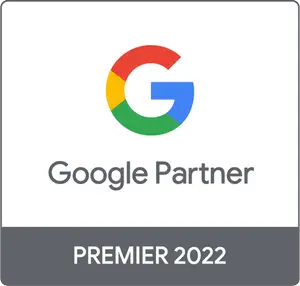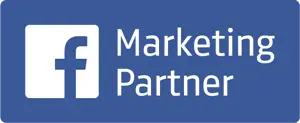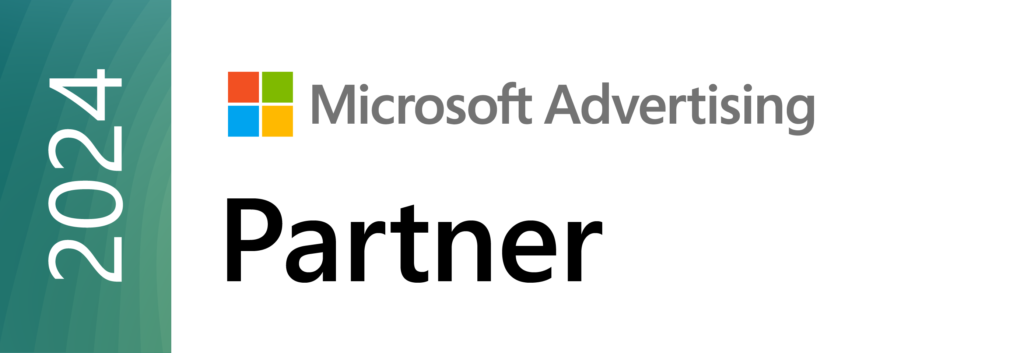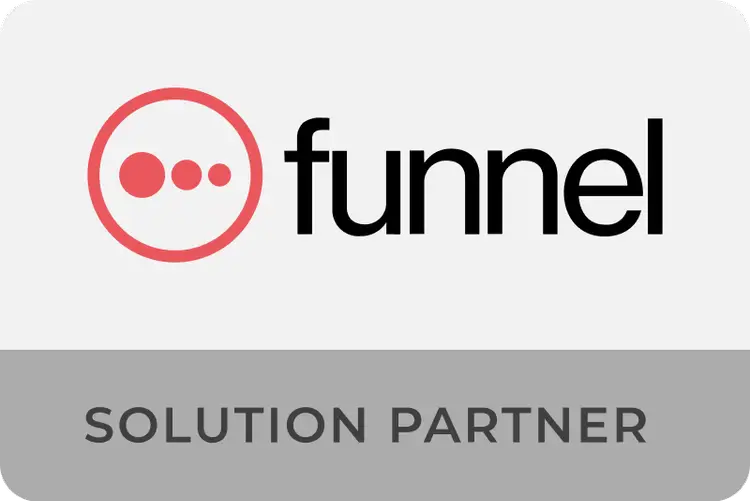Investing in paid online advertising (paid media) is a good tactic that every current marketing plan should include. On a practical level, the results of paid media are practically immediate and can have a positive impact on sales. But if we go a step further, the analysis of results after a paid media campaign, will provide us with very valuable data on the current state of the business and of the marketSo, regardless of the ROI (return on investment), the investment will already have been worth it.
If you've already considered taking the plunge and outsourcing your Paid Media campaigns, you're probably feeling overwhelmed by the number of terms and concepts we use in agencies. If so, here's our article with the 10 Most Important Paid Media Terms.
However, at Paid Strategy, we pay close attention to communicating simply and without resorting to the technical jargon of our industry.
Today we want to share the 6 key tips for preparing your meeting/briefing with your Paid Media agency and you can be aligned for the duration of your collaboration:
1- Be clear about what you need | strategy / implementation / optimization
First of all, it will be vitally important for the agency to understand and manage your expectations as a client.
-
You need strategy if: You don't have internal talent capable of integrating paid media actions into your overall marketing strategy. In this case, the agency will work to create a strategic plan for your campaigns aligned with your sales objectives and target audience. This will require you, as the client, to engage in a much closer co-creation relationship with the agency.
-
You need implementation if: You already have internal talent capable of strategically planning paid media actions and need support when setting up and launching campaigns.
-
You need optimization if: Your internal team already has several paid media actions implemented and needs an external adjustment to help them move KPIs.
Remember that Paid Media is a specific marketing service, not a complete 360-degree service. Running a Facebook Ads campaign (Paid Media example) is very different from creating and operationalizing the entire sales funnel (360-degree marketing example).
2- Provide the agency with as much data as possible about your product, your target audience, and your sales history.
The information you have about your business and your market will be crucial for the agency to be able to position itself and execute campaigns optimally. Have documents ready that include: Buyer personas, unique selling proposition, brand and product architecture, reports with analysis of previous campaigns…If you don't have them, it's a good time to work on them with your team or hire a specialized consultancy.
3- Be clear about your investment budget and your goals
There are two options here:
-
Once you're clear on the amount you want to invest, the agency will then tell you what potential reach your campaigns can achieve with the defined budget.
-
You're not sure how much you want to invest, but you do have a clear idea of your goals: the agency will help you calculate your budget based on your specific objectives.
4- Establish the work methodology, the autonomy or not of the agency and the reporting
Defining how you will collaborate with the agency, as well as the level of involvement required from you, is very important to ensure a solid foundation for collaboration. Because setbacks will come. On the other hand, establish a strategy and initial planning will help avoid last-minute changes that will affect communication, execution, and optimization of efforts.
Schedule supervision hours in advance and establish reporting frequency so the agency can stay organized and you can get the most out of it.
5- Be transparent with your internal sales processes
If the Paid Media agency is generating qualified leads but your sales processes aren't optimized, your ROI may not reach the expected levels. These processes can, and should, be tracked to analyze step by step where losses occur and to be able to correct errors.We have written a blog about this that you can read. here:
6- Be open-minded to receive constructive feedback
It's quite common for a meeting with a paid media agency to end up turning into a micro-audit session. The agency will use its analytical eye to detect small details that may be affecting your sales process: from an improvement in the lead landing page, to the creative of a campaign, or even the use of certain keywords. Keep an open mind and accept suggestions that you can implement will be key to getting the most out of your meeting.
At PaidStrategy, we'd be happy to meet with you and delve deeper into the specifics of your project.

Founder of PaidStrategy and Performance Marketing Specialist.
Over 10 years of experience in Performance Marketing. Expert in achieving goals through analysis and strategy management with internal teams and clients. Her two superpowers? Asking the right questions and moving from chaos and improvisation to order and planning.






